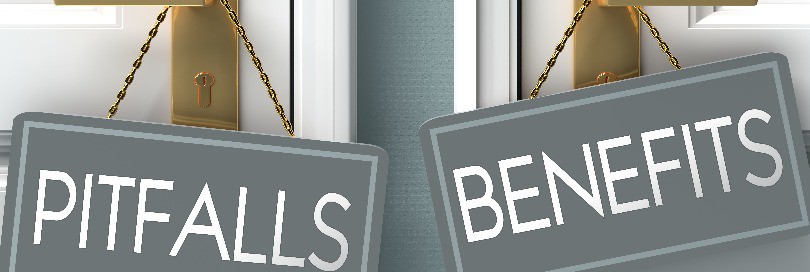- Compliance
The pitfalls of free trade agreements – claiming back duty paid due to error

Adobe Stock
- Topic: origin risk management
- Copyright of the journal: CC Learning, UAB
Comments ()
To post a comment you need to